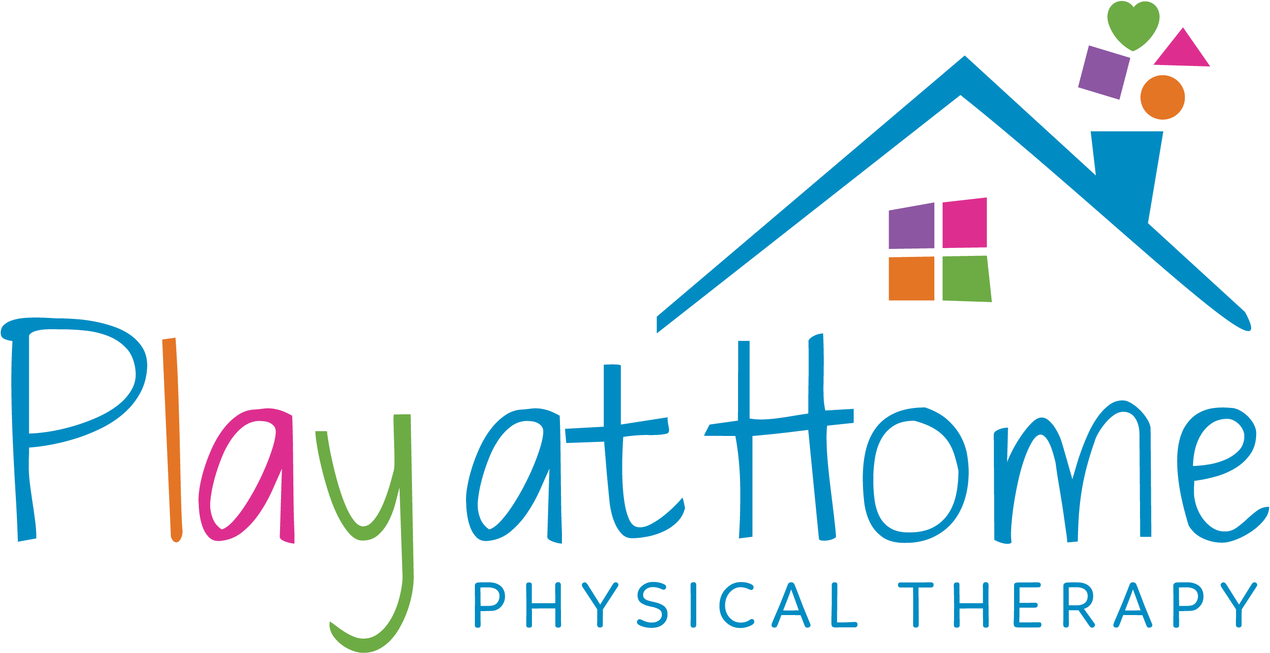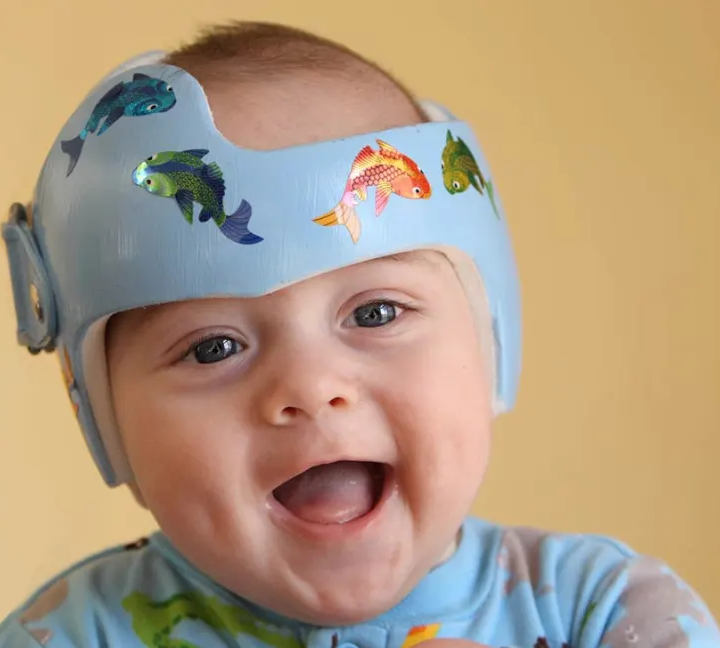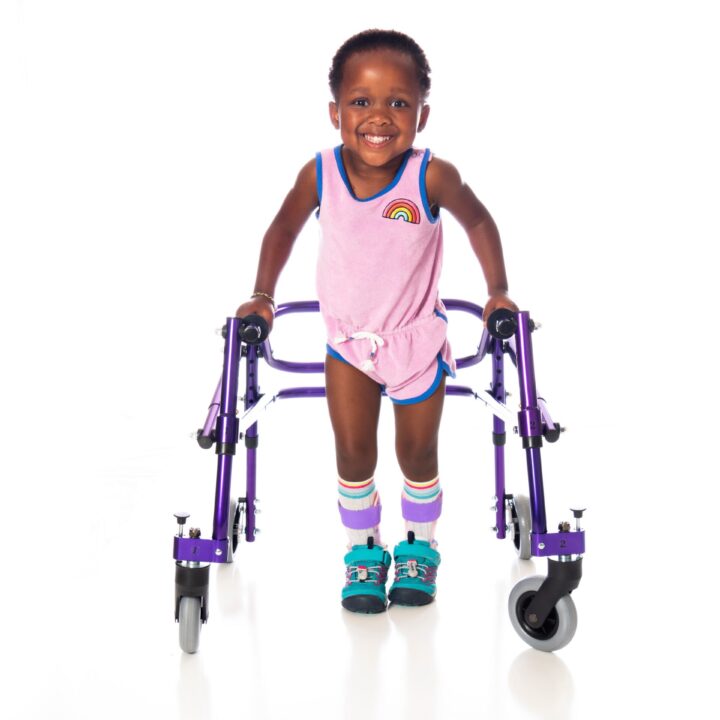
Container Baby Syndrome
June 30, 2020
Shattering Common Physical Therapy Myths about Torticollis and Plagiocephaly
August 24, 2020What is torticollis?
Torticollis, also known as wry neck or twisted neck, is a condition caused by the shortening of neck muscles on one side of the neck. Usually, the muscle involved is called the sternocleidomastoid, but other muscles can also be involved. Torticollis is characterized by a head tilt toward the side of the tight neck muscle and a head turn to the opposite side. Sometimes, torticollis presents as a tilt and turn to the same side.
Torticollis has many causes, but two are most common: positioning while in the womb, and positioning after birth. My older daughter was born with torticollis. At her 26 week scan, she was positioned head down and stayed that way until she was delivered, with her head potentially tilted toward her left side that whole time! After birth, torticollis often occurs from spending too much time in containers, baby not getting enough tummy time, or baby simply not tolerating tummy time, and often develops along with plagiocephaly (flat head syndrome).
Torticollis has many causes, but two are most common: positioning while in the womb, and positioning after birth. My older daughter was born with torticollis. At her 26 week scan, she was positioned head down and stayed that way until she was delivered, with her head potentially tilted toward her left side that whole time! After birth, torticollis often occurs from spending too much time in containers, baby not getting enough tummy time, or baby simply not tolerating tummy time, and often develops along with plagiocephaly (flat head syndrome).
Good news!
The good news is this: torticollis is very common and very treatable! Torticollis is often able to be detected early in a baby's life, often within the first few weeks! You or your pediatrician may notice a head tilt to one side, decreased neck mobility, or a preference for turning the head to one side only. When torticollis is suspected, it is best to seek out a pediatric physical therapist right away! Torticollis is often a diagnosis that some medical professionals say a child will "grow out of," but I can confidently tell you after years of experience in treating torticollis that this is not true! Research proves that early referral and treatment leads to better outcomes and less overall therapy needed. Babies have much better tolerance for repositioning and stretching of the tight neck muscle during the first 2 months of life, which means that the parents feel much more comfortable with doing the exercises with their child, and leads to a much better outcome and experience for all.
If you suspect that your infant has torticollis, please seek out a referral to a pediatric physical therapist from your pediatrician right away! Remember: torticollis is not something your baby just outgrows and early treatment is key! Play at Home Physical Therapy is dedicated and highly experienced in treating torticollis and we would love to help!
If you suspect that your infant has torticollis, please seek out a referral to a pediatric physical therapist from your pediatrician right away! Remember: torticollis is not something your baby just outgrows and early treatment is key! Play at Home Physical Therapy is dedicated and highly experienced in treating torticollis and we would love to help!




